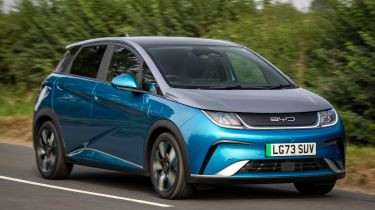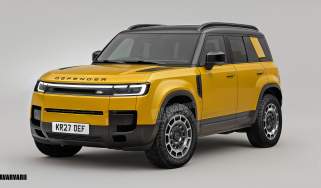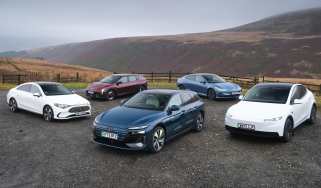EU and China to negotiate over huge 48 per cent tariffs on EVs
An EU spokesperson said the two nations had “a candid and constructive call” on Chinese electric car tariffs

The European Union has agreed to hold talks with China over the newly proposed tariffs which could see some Chinese electric cars hit with as much as a 48 per cent import charge.
Earlier this month, the EU finished its investigation into the wave of cheap electric cars from China currently flooding the market and what it describes as “unfair subsidisation” by Beijing. However, leaders from both states have agreed to open full negotiations on the issue, following a “candid and constructive” phone call on Saturday.
Research initially concluded that such artificially low prices pose a “threat of economic injury to EU BEV producers” and the EU reacted by threatening manufacturers hailing from China with substantial import duties on their cars. Under the outlined scheme, certain brands would face even heftier taxes in accordance to the level of subsidisation they receive from the Chinese government.
The hardest hit by these potential sanctions would undoubtedly be SAIC – the conglomerate that owns the likes of MG and Maxus – which would face a whopping 48 per cent tariffs on its EU imports - up from the existing 10 per cent duty currently charged.
Speaking exclusively to Auto Express, Professor of Business and Sustainability at Cardiff University, Peter Wells said the tariffs would ultimately “be passed on to consumers. They may also allow European manufacturers to charge more than they would in a more open market, [meaning] consumers on average will be paying more per car whatever the source.”
While China initially branded the EU’s plans as “typical case of protectionism”, an EU spokesperson emphasised to journalists that “any negotiated outcome to its investigation must be effective in addressing the injurious subsidisation”.
Unless a compromise can be reached between the EU and China, the new tariffs will come into effect on the 4 July. While the UK is in no way legally obligated to match the EU’s tariffs, Professor Wells explained that “post-Brexit, the UK is in a vulnerable position on this issue, as both the EU and US are imposing tariffs [in addition to] other barriers to market entry by the Chinese companies and also to vehicles produced in China by non-Chinese firms (Tesla, Renault, etc).”
Do you agree with the tariffs on Chinese EVs? Let us know in the comments section below...




